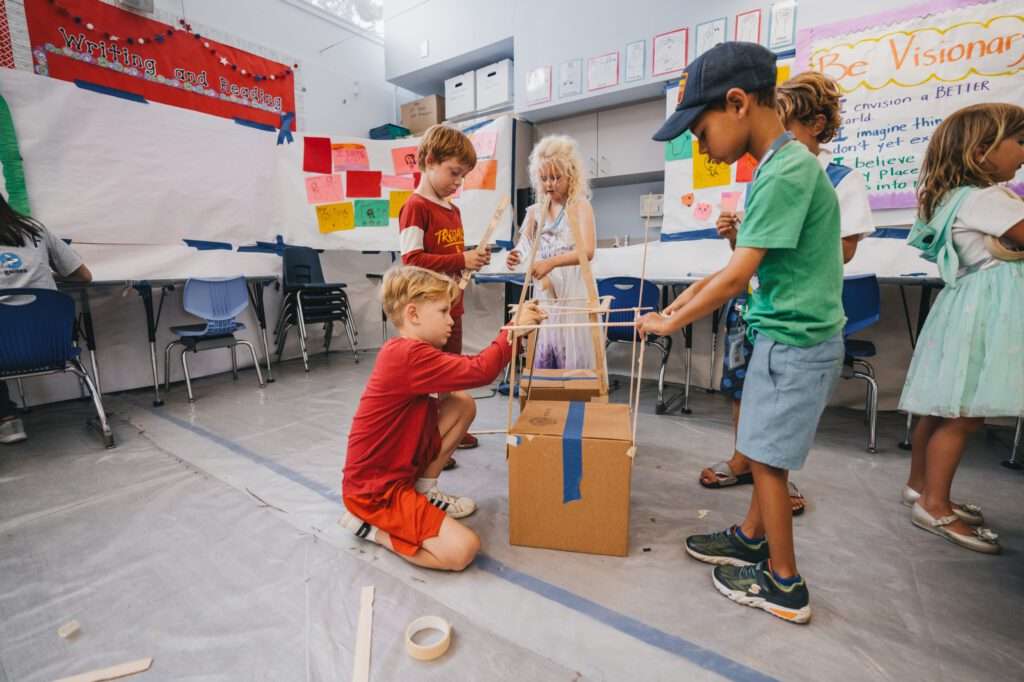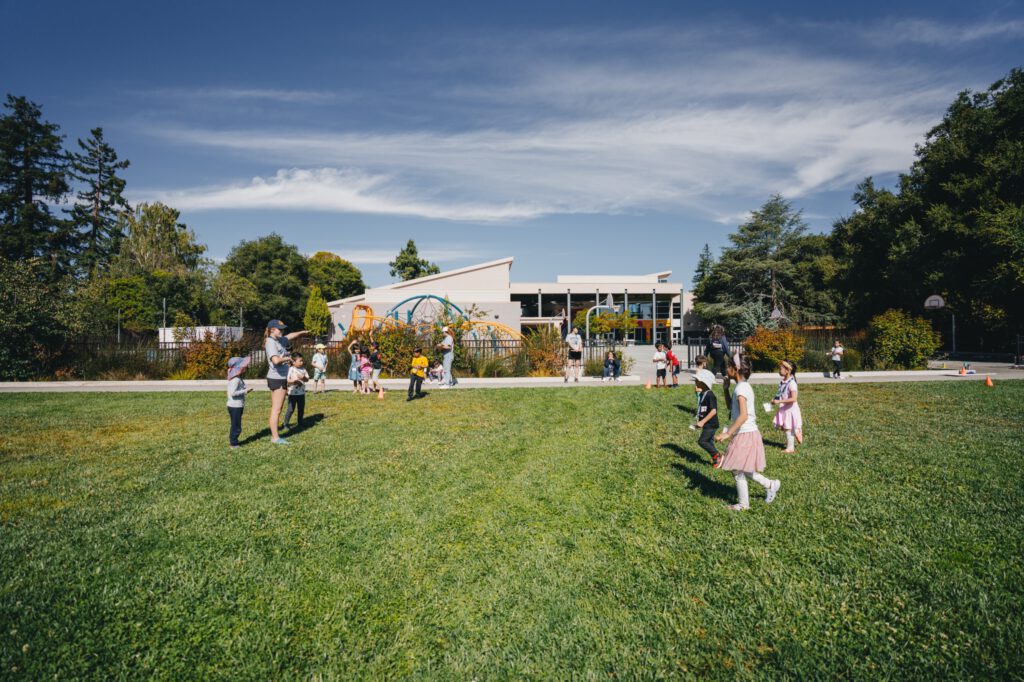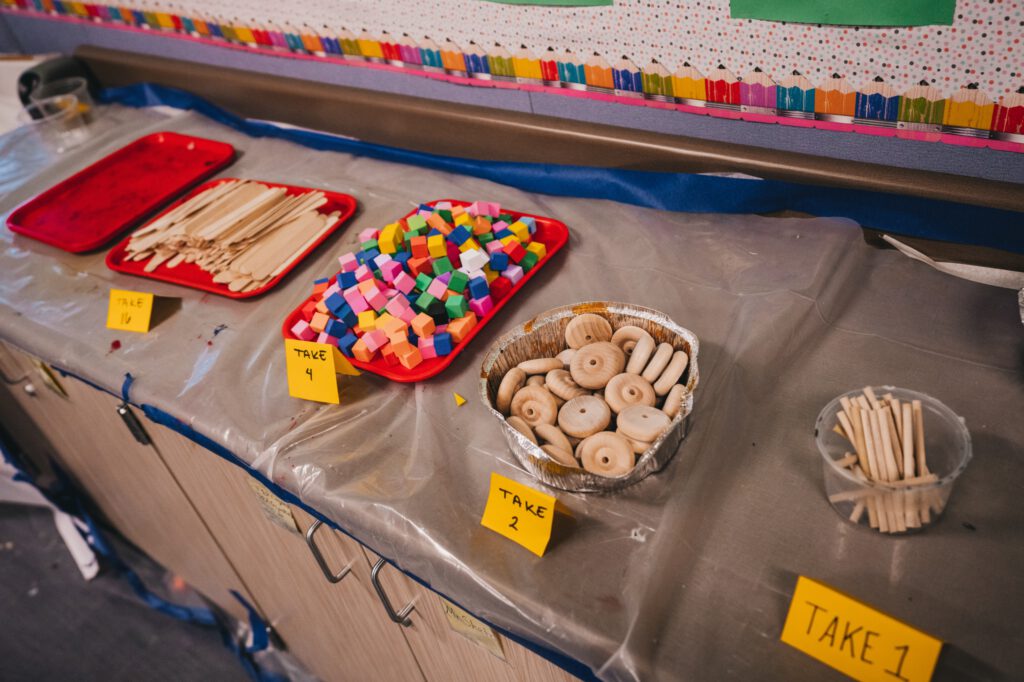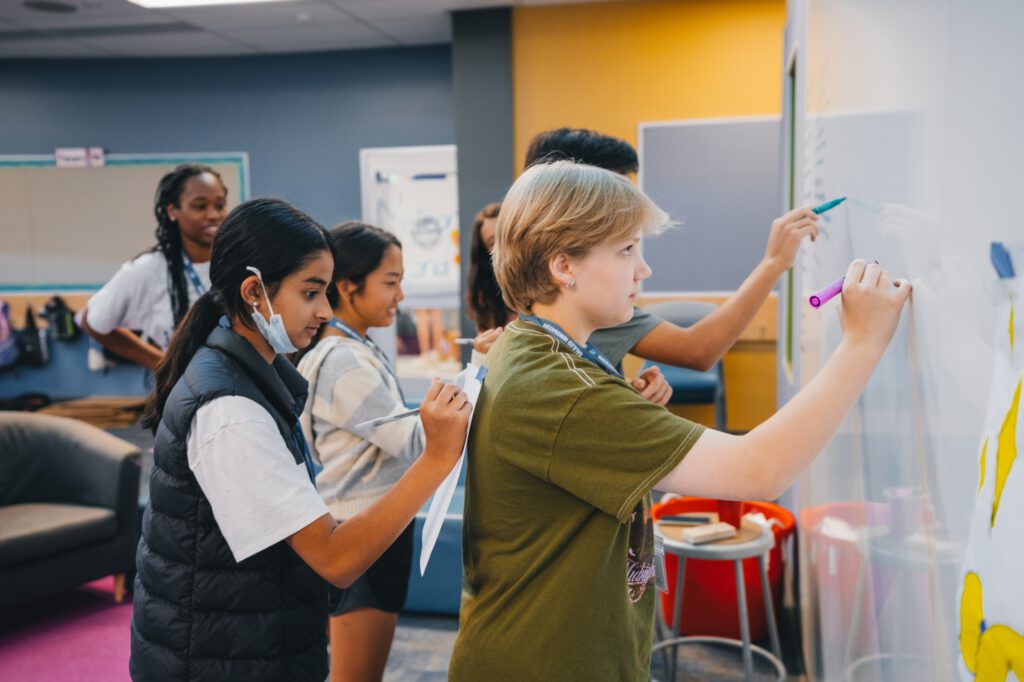“My generation had it easy. We got to ‘find’ a job. But [now], more than ever, our kids will have to ‘invent’ a job.” Though we have heard the statistics that two-thirds of today’s children will work in careers that do not yet exist, this quote from Thomas Friedman, journalist and author of The World is Flat, highlights an interesting reality for 21st-century kids. And that is their capacity to control that destiny.
How, then, do we prepare kids to invent a career, to find their passions and trust in their strengths? The makerspace movement provides a particularly unique opportunity to address these questions. By encouraging creativity and empowering innovation, makerspace design challenges embolden kids to think critically to solve problems, to follow their interests and work with others to make a difference. Summertime, with its longer days and relative freedom, is an ideal time for getting kids involved in the maker movement, and summer camp is a great place to make it happen.
How Do We Prepare Kids
Tony Wagner, author of Creating Innovators: The Making of Young People Who Will Change the World, says that rather than preparing kids to be “college ready,” the goal of education should be to make all kids “innovation ready.” That’s a tall order, but one that would prepare them to carve out a niche for themselves in a rapidly evolving work world. Education systems are scrambling to adjust. Kids will still need knowledge, Wagner asserts, “But they will need skills and motivation even more. Of these three education goals, motivation is the most critical. Young people who are intrinsically motivated—curious, persistent, and willing to take risks—will learn new knowledge and skills continuously.” He further suggests that the path to intrinsic motivation involves play, passion and purpose.
All of us are born with curiosity and creativity, traits that are extremely useful for guiding our exploration of the world and reacting to it. When rewarded and encouraged, these persist into adulthood, helping us to become lifelong learners and creative problem solvers. Unfortunately, though, these traits are somewhat fragile and vulnerable to insecurity, and as a result, we do not all arrive at adulthood with them intact. Now, more than ever, parents and educators must help kids preserve and nurture these and other characteristics that will enable them to make their mark and find success through their own ingenuity and innovation.
Providing a Creative Space
The makerspace idea has its roots in both curiosity and creativity, and though some are high-tech (computers, 3-D printers, laser cutters and powerful tools), others are simpler, with nothing more than Lego® blocks, duct tape, cardboard and scissors. What all have in common is they provide a place for thinking, learning, creating, collaborating and introducing new ideas.
Getting middle school kids involved in a makerspace challenge is as easy as helping to focus their attention on a problem or a need. Maybe they are complaining about an inconvenience at home or something they wish they had in their bedroom. Give them the freedom to invent a solution and assist in the way of a modest budget and a ride to the hardware store, and see where their imagination takes them.
Another idea is inspired by Novel Engineering, a program of the Center for Engineering Education and Outreach at Tufts University, which celebrates both literacy and engineering. Kids read a book—picture books for younger kids and novels for older kids— and they identify the conflict or problem in the story (an important comprehension skill) as they read, then engineer a solution. As kids identify with the plight of a book’s characters, they become impassioned to help out. Depending on their age and inspiration, their solution could be a drawing or diagram, a well-researched proposal or a three-dimensional prototype.
Taking a Little Help From Summer Camp
Parents seeking some additional resources for their kids can find them at an innovation camp such as Camp Galileo or Galileo Summer Quest. These programs were created with young innovators in mind. Through fascinating themes and timely, topical majors, campers are drawn into project-based learning that empowers them to take action. By engaging in collaborative work and play, kids are encouraged to find passion and purpose in projects that solve real-world problems for the community and for themselves. The Galileo Innovation Approach® forms the basis for every program; it teaches kids to trust in their own creative capacity and gives them an engineering design process for making their ideas take shape. Staff members support kids in taking risks and by helping them overcome failed attempts by determining what went wrong and creating new and better solutions.
In the Robot Pet major, for example, kids use both “high” and “low” tech elements: simple craft materials augmented with servo motors and Arduino-type microprocessors. The result is a mechatronic personal pet that responds to its environment via sensors. Kids intrigued by mystery and escape rooms enjoy solving their way out before creating one of their own to challenge family and friends. Utilizing a variety of puzzle types, as well as magnets, simple circuits and invisible ink, campers employ logic and critical thinking as they design their own puzzle flow. Through the Virtual Reality major, kids create a unique 3-D environment from their imagination. They learn to code action sequences and then get feedback from fellow campers. At the end of the week-long session, kids take home their own cardboard viewer, confident and ready to share their story with others.
The Path to Intrinsic Motivation
Helping kids explore their interests, identify their strengths and build confidence in their ideas is a gift parents can give their children early in life. While curiosity is strong and creativity is uninhibited, there is tremendous potential for kids to believe themselves capable of innovation. Spending a summer engaged in purposeful play may just connect them with interests that become passions. Through makerspace activities, kids solve authentic problems in a collaborative environment. They learn to plan, design, communicate and persevere through challenges. With the proper preparation, kids, through their own agency, will invent their path into a productive and rewarding future.
Check out all the options for creative fun at a Galileo camp in your area: San Francisco, Southern California, and Chicagoland. Sign up for our mailing list to keep up-to-date on our camp happenings and innovation resources. Or, you can register for camp today.





